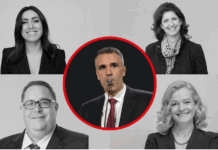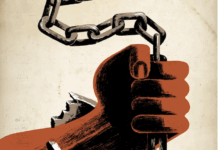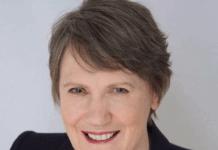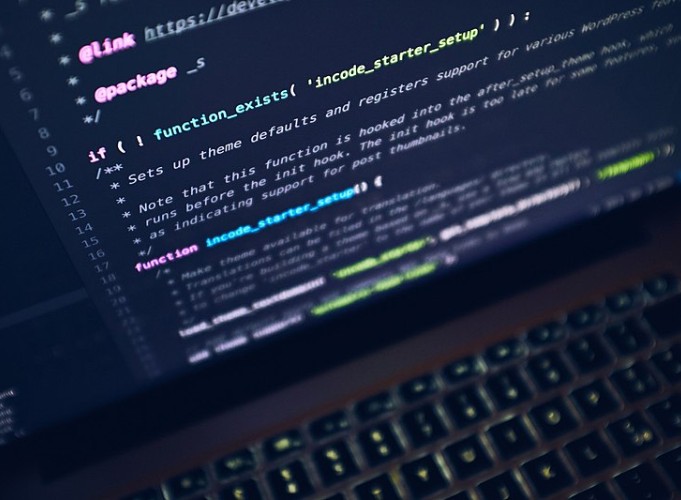
By Michael Andrew
Social media and tech industries have been replicating the ugliest aspects of capitalism from the 1800s, according to an AUT computer science lecturer.
Associate Professor Tony Clear says that social media and tech executives are taking advantage of unregulated markets in a similar way as the wealthy industrialists or “robber barons” that exploited abundant resources and cheap labour in the 19th century.
Only now according to Dr Clear, the resources are not gold, coal or silks managed out of London or New York. Now it’s data out of Silicon Valley.
READ MORE: Bring ethics into global smart tech, warns UN cyber expert
“The world of the robber barons has come back to life again with data as the gold dust,” he says.
While the resources might have changed, he says the masses of “manipulated” people are still needed to turn the cogs and drive the profits of the giant digital machine.
“They’re manipulating us through their algorithms. The more we use their platforms, the more we give them, the more they can know about us, the more they can manipulate and control our behaviour.”
“I don’t think it’s a far deal.”
A editor and columnist for computer education magazine ACM Inroads, Dr Clear has written extensively on the flaws in the tech and computing sectors.
He says a lack of ethics throughout the industry, coupled with rampant growth and innovation have made social media platforms dangerous environments where hate – such as that which lead to the Christchurch Mosque Attack – can fester and spread rapidly.
Letter to PM
Which is why after that atrocity, he penned a letter to Prime Minister Jacinda Ardern’s office urging for a “regulatory regime” to be imposed on social media platforms in New Zealand.
While the “robber barons” comparison is not a new one, Clear believes that regulation is key to moderating the potentially dangerous whims of industry heads.
“Because these guys [social media executives] have no moral base we need to regulate the hell out of them,” he says.
Governments appear to have taken steps on this. At the May 15 “Christchurch Call” in Paris, Jacinda Ardern and French President Emmanuel Macron implored social media platforms to take more of a hand in regulating their content.
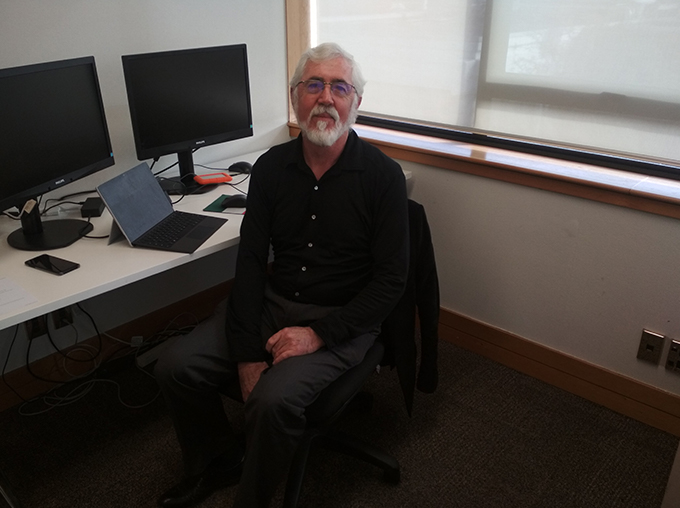
It’s not as simple as just asking however, as according to Dr Clear, few industry heads actually know what harmful or bigoted content looks like.
“They don’t know the difference between free speech and hate speech,” he says.
“They neatly wrap it around the US constitution and freedom of speech idea which means you can say any hateful bloody thing that you like.”
While globally Facebook deletes 66,000 posts per week which breach its own definition of hate speech, Clear argues that the platform hides behind the argument that it is not a publisher and does not need to take a strong moral position like newspapers would.
Domestic regulation
This grey area with freedom of speech is the reason some countries are regulating platforms based on their own laws.
Massey University’s Professor Paul Spoonley is an advocate of such a move. An expert on hate speech, he doesn’t think the “Christchurch Call” will make much difference. However, he praises some European countries for already taking the initiative and regulating social media platforms based on domestic law.
“See what the Germans have done which is quite successful. The ethics is not that of Facebook, it is that which has been deemed important by an individual country, in this case Germany,” he says.
Introduced in January 2018, the German law as known NetzDG puts the onus on Facebook and Twitter to differentiate between hate speech and free speech, requiring them to remove any “obviously illegal” hate speech from their sites within 24 hours or face a potential 50 million Euro fine.
As a result Facebook now has 1200 reviewers based in Essen and Berlin deleting at least 15,000 posts each month in Germany.
While regulation appears to be the most obvious tool to fix the tech sector’s ethical vacuum, there is one option that targets the root of the issue. And it starts in the universities.
Ethics in schools
Dr Clear says that young computer science students need to be exposed to more “social good” or ethics papers which can help lay down sound moral foundations on which they will build their careers.
“Its about teaching young computer scientists that there is a bigger world than what they see technically,” he says.
This comes with challenges however.
Along with other leading academics, Dr Clear wrote a paper on value-driven computer science education. It found that many students do not see a link between computer science and societal benefit as they would in careers like nursing and teaching. This also discourages more women from enrolling in computing courses.
“Many avoid taking CS classes because they do not perceive a computing career as having the power to do good and make a difference,” the paper read.
It also read that if there are papers on ethics or social good available, they are usually not introduced until the third or fourth year of studies, long after many students with such inclinations have become discouraged and dropped out of the courses.
Wellington-based computer programmer Oliver Bridgman agrees, saying he couldn’t recall many ethics papers during his studies a decade ago.
“If they were there they were optional and only made up about 5 of 200 points” he says.
He too, draws comparisons between low and mid-level computer science workers and the proletariat of old.
“In my opinion the coders on the front lines are basically your coal miners in the early 1900s except now they get paid a ton more so have to care even less.”
“So your real ethics conundrum is the money behind it all, which is almost always driven by the same capitalism.”
‘Careless’ code
Senior software developer Alex Frere expressed a similar opinion, citing such incidents as the recent Boeing 737 jet malfunction as a result of carelessly written code.
“It’s staggering really that no real code of ethics, or industry standard regulation exists across the tech sector, despite how deeply it’s rooted in modern society.”
However, he points out that there are big players addressing the ethics issue within the industry such as Robert Martin, or Uncle Bob – renowned as one of the fathers of computer science.
“Uncle Bob has coined a bullet point list called the “Programmers Oath”,” Frere says.
“It’s of a similar vein to a doctors Hippocratic Oath, or a lawyer being sworn in after passing the bar.”
While Frere couldn’t recall much ethics being taught in his university course, he hopes that more grassroots teaching along with an increased focus on societal good from an “enlightened youth” will eventually revolutionise the industry.
Industry changes
Such changes are already taking place, with Facebook reportedly introducing artificial intelligent to block and remove violent content like the video that was live streamed from the Christchurch Mosque Attack.
According to Tony Clear, these types of changes are inevitable as more end users begin to comprehend the insidious perils of technology and the price that must be paid to enjoy it.
“We’ve got a pact with the devil at the moment,” he says.
“But I think the people realise when they’re being exploited.”


